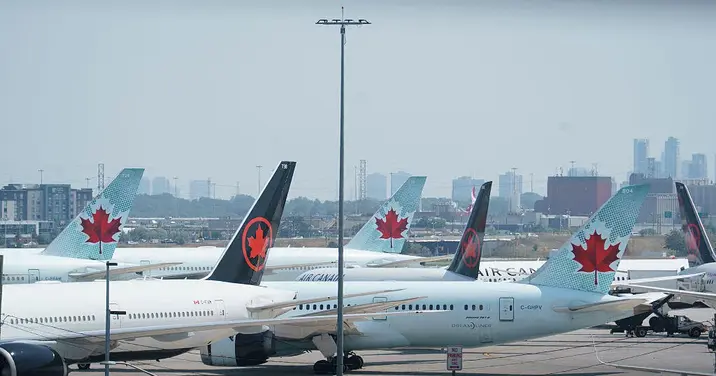T4K3.news
Air Canada Flights Grounded After Strike
Air Canada suspended operations and delayed hundreds of flights as talks with the flight attendants continue.

Air Canada suspends operations as flight attendants strike, disrupting summer travel and prompting government talks.
Air Canada Flights Grounded After Strike
Air Canada has suspended operations as flight attendants begin a strike. The union says wages and unpaid work are the core issues. The airline warned of a complete cessation if talks fail, with hundreds of flights grounded and thousands of travelers affected. Air Canada Express flights, which carry about 20 percent of daily customers, are not affected. The carrier had planned to cancel about 500 flights, impacting around 100,000 passengers. The union represents about 10,000 attendants and has voted overwhelmingly to strike.
The union says it bargained in good faith for eight months, while Air Canada has offered a 38 percent total compensation increase over four years, with a 25 percent raise in the first year. The union argues the proposal is below inflation and would leave attendants unpaid for some hours of work, including waiting at airports before flights. The government has considered binding arbitration as a way to end the dispute, and the strike is prompting calls for swift action to protect the travel season.
Key Takeaways
"The offer is below inflation, below market value"
Union response to pay proposal
"99.7 percent of attendants voted to strike"
Union vote result
"This strike tests how Canada protects essential services in a busy season"
Editorial viewpoint
"Binding arbitration may end the strike but raises questions about workers rights"
Government approach
This strike highlights a broader trend of workers challenging wage stagnation as prices rise. Government involvement can de-escalate a clash but may also tilt bargaining power, affecting how future disputes unfold. The timing matters: disruption during the peak travel season compounds economic risks for tourism hubs and regional economies.
A swift, fair resolution could restore confidence for travelers and markets, but a prolonged fight risks reshaping travel behavior and policy. The episode tests Canada’s approach to balancing workers’ rights with national travel needs and could influence how similar disputes are handled in other sectors.
Highlights
- Wages have not kept up with inflation
- The only answer is for both sides to come back to the table
- Binding arbitration could end the strike but shifts the power to a third party
- Travel cannot be held hostage to bargaining battles
Political and economic risk from transport disruption
The Air Canada strike disrupts travel at the height of summer, affects tourism revenue, and invites government involvement. It highlights tensions in essential services and could influence public reaction and policy.
What comes next will show if talks can resume without dragging travel into delay.
Enjoyed this? Let your friends know!
Related News

Air Canada cabin staff strike grounds hundreds of flights
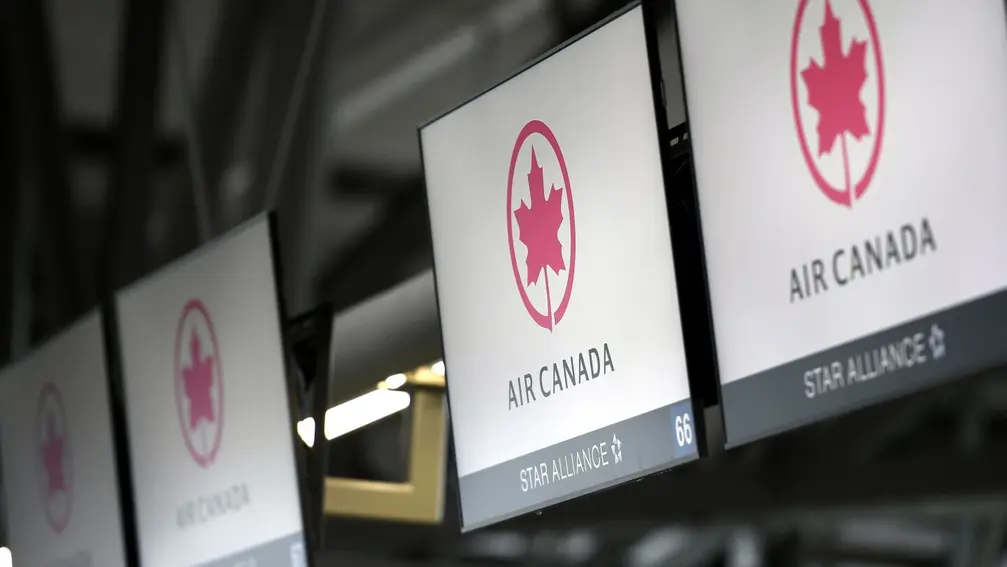
Air Canada strike threatens weekend flights
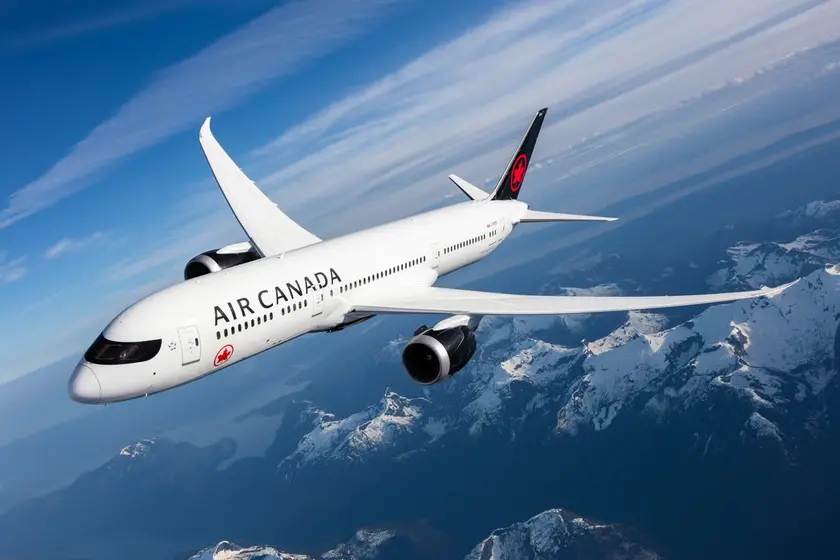
Air Canada shutdown looming

Air Canada grounded by flight attendant strike
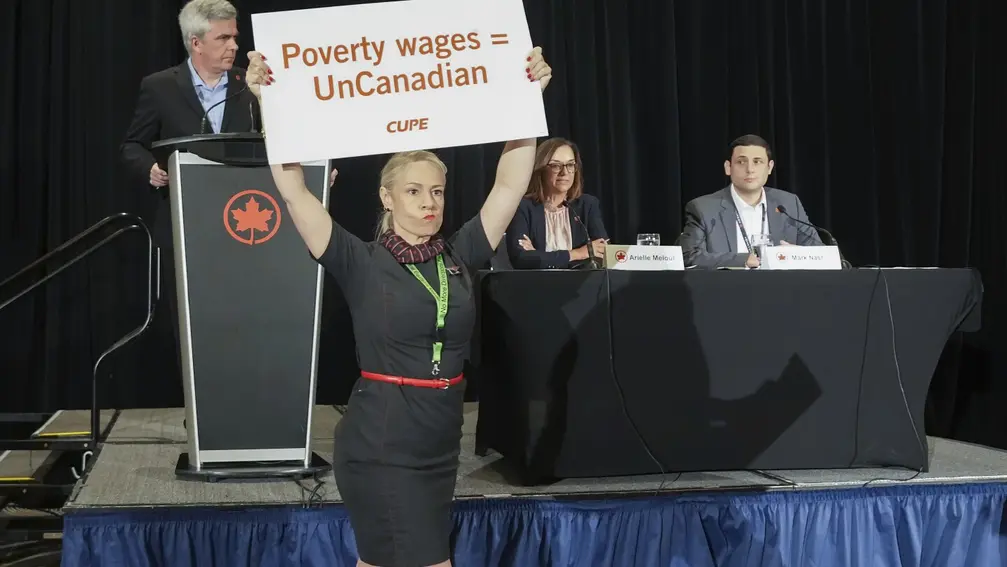
Air Canada cancels flights as workers plan stoppage
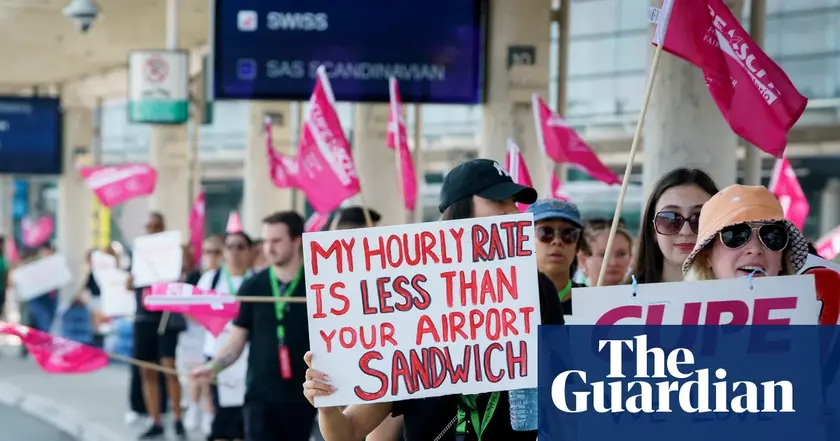
Air Canada strike escalates as government orders end to walkout
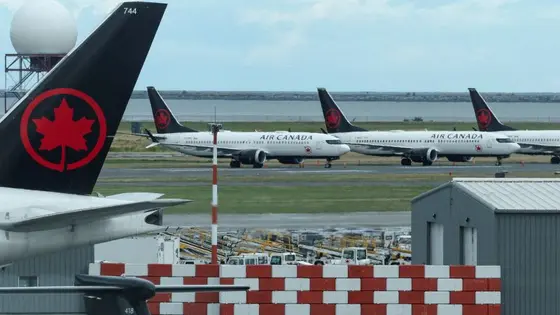
Air Canada resumes flights after government directive
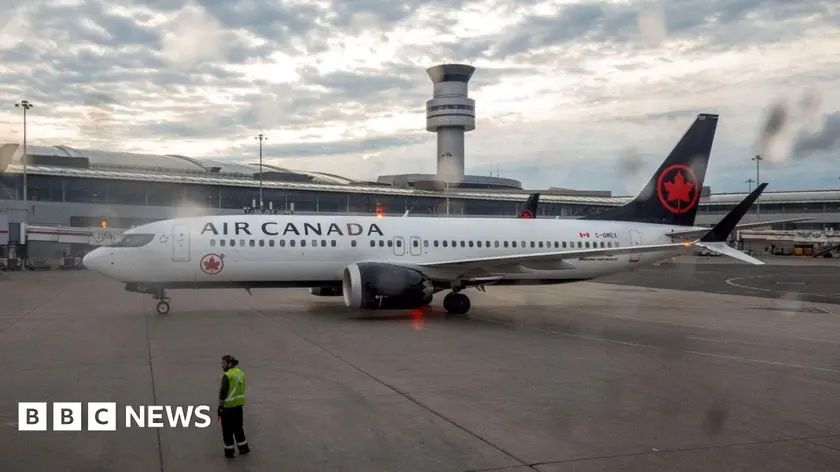
Air Canada strike threatens peak travel disruptions
